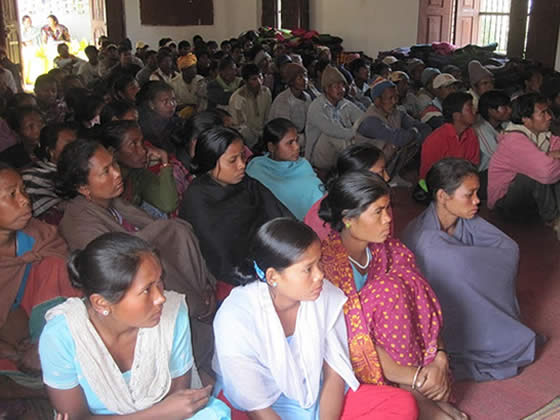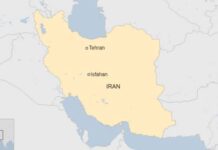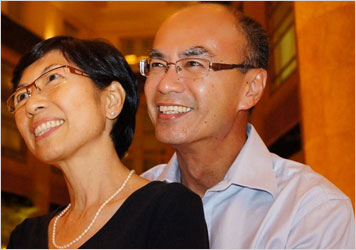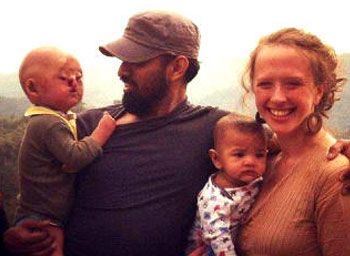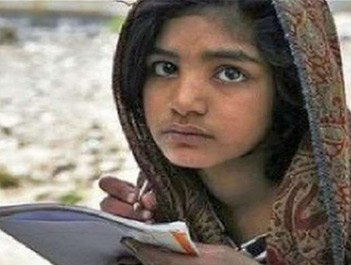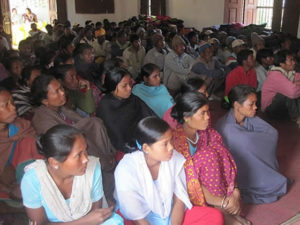 RELIGIOUS tension in Nepal is on the rise, but Christianity is unexpectedly also growing at a rapid rate in the country despite the situation.
RELIGIOUS tension in Nepal is on the rise, but Christianity is unexpectedly also growing at a rapid rate in the country despite the situation.
In a recent entry on Breakpoint, Eric Metaxas highlights the fast growth of the populations of Christians in Nepal. While there were virtually no Christians in the country in 1951, the census registered 458 after 10 years and 102,000 after forty years. In 2011, that number already hit 375,000.
What is more interesting is that the International Institute for Religious Freedom reported that Nepalese Christian leaders believe there are actually almost 2.3 million Christians in Nepal. While the government claims that Christians presently constitute only 1.5 of the population, it could really be 10 percent, if the Nepalese Christian leaders’ claims are accurate.
Metaxas suggested that the discrepancy in the figures reported may be due to the Nepalese Hindu activists’ manipulation of census data. Apparently, they are not happy with the mass conversion of the citizens to Christianity.
Nepal’s interim constitution outlaws evangelism and prohibits a person from either converting to another religion or from doing anything to disturb a person’s religion. Still, a lot of Nepalese are dropping their Hindu or Buddhist beliefs to embrace Christianity.
One reason for the mass conversion could be the love that Christians are showing to the Nepalese. This is what Filipino missionary Evelyn Martin said in an interview with the Christian Broadcasting Network.
Another reason for the Christian conversion is the adoption of Nepal’s new constitution in September 2015. Previously an official Hindu nation, the country has become a secular state. However, proselytizing is still prohibited despite President Bidhya Devi Bhandari’s declaration of freedom of religion under his rule.
The mass Christian conversion in Nepal could also partly be attributed to the weak enforcement of the said law. Christians reportedly occupy places that are not serviced by the government or the Hindu majority.



